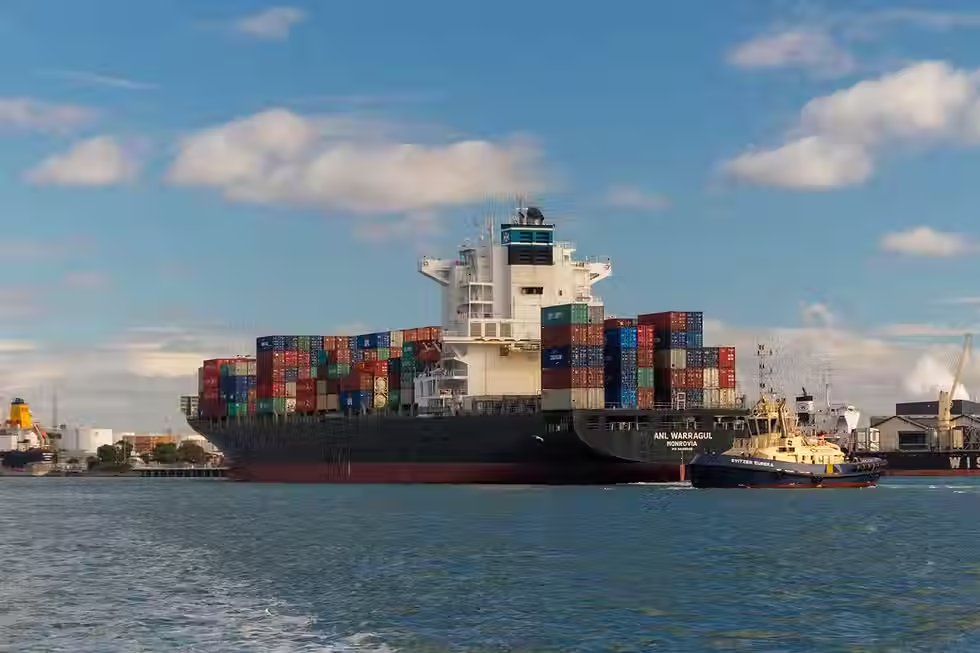How to Apply for an Import and Export License in Singapore: What You Need to Know
- declarationnexus
- Oct 24, 2024
- 3 min read
Updated: May 6, 2025

Having an import and export licence in Singapore is imperative for businesses looking to do trading internationally. This licence not only helps firms follow local rules, but also means goods can smoothly move between countries. It's key for any organisation wanting to bring goods into or send them from Singapore to get their head around the application process. Getting your unique entity number (UEN) sorted is part of this.
What is an Import and Export licence?
In essence, a licence is needed for legally importing or exporting products. It makes sure you're following the country's regulations and keeps everything above board with goods coming and going.
Getting a licence isn't just something you need in Singapore. It's actually required everywhere around the world. Any company that wants to move goods between countries, whether it's clothes, phones or food, has to follow the rules. They need to pay any taxes or customs duties owed too. It doesn't matter what you're shipping, you have to be licenced if you want to import or export items between places.
Steps for Acquiring Your licence
1. Registering Your Business
First, you need to register your business with the Accounting and Corporate Regulatory Authority (ACRA). This registration is important because this is where you will be issued with Unique Entity Number (UEN)–a singular identifier crucial for all additional applications and communication.
2. Setting Up Your Customs Account
Next, you’ll need to activate your customs account with Singapore Customs. This process involves maintaining an inter-bank giro to facilitate seamless payments for duties and taxes related to your imports and exports. Keeping your customs account active is crucial for managing your trade efficiently.
3. Preparing Your Supporting Documents
Before you apply for the licence, ensure you gather all necessary supporting documents. This includes items like invoices, a certificate of origin, and a printed copy of the customs permit. Having these documents ready will streamline your permit application process.
4. Applying for the Import and Export licence
The next step involves the actual application for your import and export licence. You can do this through the TradeNet system, which is Singapore’s online platform for trade documentation. Be prepared to pay any applicable fees during this application for a permit.
5. Appointing a Declaring Agent
Should the application procedure seem overwhelming, you may hire a declaring agent. Such a professional will be able to undertake customs clearance responsibilities, serving to facilitate navigation of the pertinent regulations. If you choose this approach, ensure the declaring agent is duly registered and clarify their role within the process.
Common Challenges and Solutions

Businesses may face several challenges when applying for an import and export licence in Singapore. Here are some common issues and practical solutions:
Documentation Delays: Incomplete or incorrect supporting documents can stall applications. Double-check all forms, like the customs import permit, and ensure you have everything ready.
Understanding Regulations: Navigating the temporary import scheme under Singapore customs can be tricky. Consult with a declaring agent or reach out to Singapore Customs for clarity.
Payment Issues: Problems with the interbank giro for GST and duty payments can lead to delays. Ensure your customs account is activated and funds are available before submitting your application.
Restrictions on Goods: Importing goods from Singapore may come with restrictions. Research the specific requirements for the goods you intend to import or export to avoid compliance issues.
Conclusion
In summary, applying for an import and export licence in Singapore involves several key stages, from registering your business entity to establishing a customs account. By following these stages, you will be well positioned to manage the intricacies of international trade. For those requiring additional assistance, contacting customs specialists or a declaring agent can furnish valuable support in ensuring adherence to regulations.
Not sure where to start? Contact Declaration Nexus today and let us help you attain the right permit for your business.




